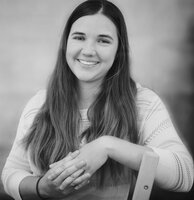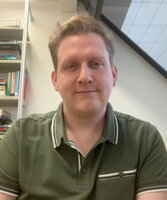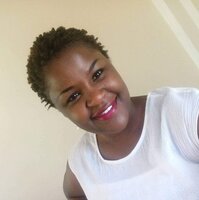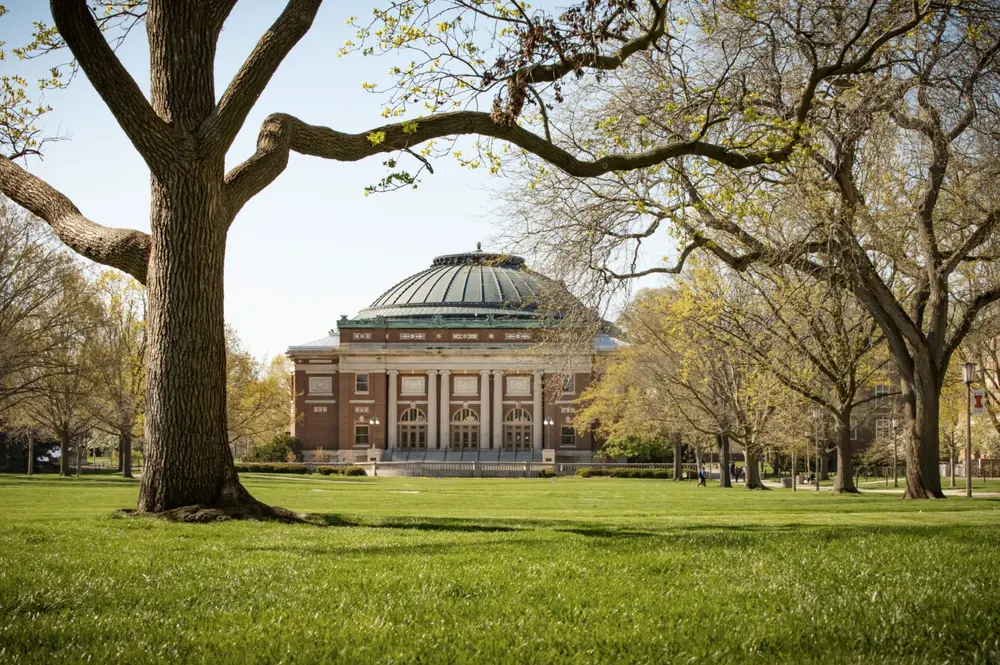
We would like to welcome new faculty members who are joining our department for the first time or taking on a new role in the department for 2025. Let's meet these new additions to the department!
Take a look below to find out more about these exciting faculty members:
Lydia Newkirk (new Visiting Assistant Professor)
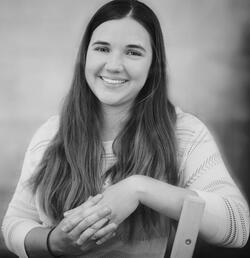
My research focuses on the formal semantics of less-studied languages, with particular attention to typological generalizations within semantics, and how differences in how various languages derive meanings can inform us about the semantic system as a whole. My work focuses especially on Bantu languages of East Africa, along with others from elsewhere in Africa and around the world. I have a special focus on the expression of modality across languages, and the variation of how languages express what is necessary and what is possible, and in particular languages that make fewer or more distinctions in modality than more commonly-studied languages do. My dissertation develops an analysis of variable-force modals in Kinande, expanding to a typology of modal force in general. My other projects include work on ability modals and actuality entailments in Akan, and intensification and lack of degrees in languages of Australia, many of which do not express measurement or comparison in the ways typically reported in the literature, raising important questions for what is universal to the semantic system, and what parts of semantics vary language to language. I am further interested in how languages that don't make use of mechanisms we have proposed for other languages handle those expressive gaps, whether in the semantics or pragmatics.
This Fall I am teaching LING 100 (Introduction to Language Science), LING 307 (Elements of Semantics & Pragmatics) and LING 507 (Formal Semantics I).
Scott Nelson (new Assistant Professor of Linguistics)
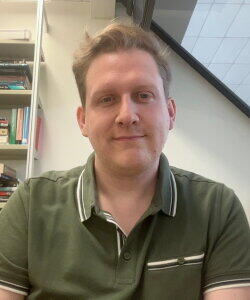
I am a phonologist with broad interests in phonological representation, the formal relationship between phonetics and phonology, and the computational and mathematical underpinnings of phonological knowledge. I received a BA and MA in linguistics from Michigan State University where I took an experimental approach to my research in trying to understand the role of phonological knowledge in speech perception. I recently received my PhD from Stony Brook University where I shifted towards a much more theoretically oriented approach. In my dissertation, The Computational Structure of Phonological and Phonetic Knowledge, I use various techniques from theoretical computer science to provide a novel characterization of the way phonological and phonetic information interact in language production and perception. I have also been working recently on a larger project that recasts traditionally representational assumptions (underspecification, spreading/blocking) as computational properties that are independent of any specific representational scheme. I will be teaching LING 502 - Phonology 1 this fall.
Dorothy Maweu (new Instructor and Director of the Sub-Saharan Languages Program and Coordinator of Swahili)
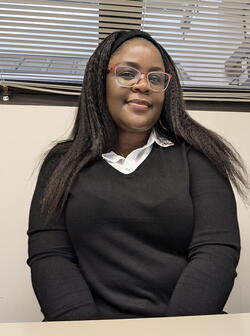
Dorothy Maweu holds an M.A. in TESOL from the University of Illinois at Urbana Champaign. She is the incoming Instructor and Coordinator of the Swahili Program and Director of the Sub-Saharan African Languages Program at the University of Illinois Urbana-Champaign. Before stepping into this role, she taught in the ESL Program as a Lecturer at the same university. Dorothy has also taught in the Swahili Program and contributed for several years to the Summer Institute for Languages of the Muslim World (SILMW) at the University of Illinois Urbana-Champaign.She is committed to building a vibrant community of lifelong learners by expanding the program through cultural events, outreach initiatives, and collaborative partnerships within and beyond the university. She is equally dedicated to positioning Swahili as a global language that connects cultures and broadens global understanding. Her research interests include pedagogical code-switching and teacher stylization in second language learning, reflecting her commitment to innovative, research-informed approaches to language pedagogy. She is currently teaching Elementary Swahili (SWA 201), Intermediate Swahili (SWA 403) and Advanced Swahili (Swa 405).
We hope you join us in wishing these faculty members a warm welcome!
